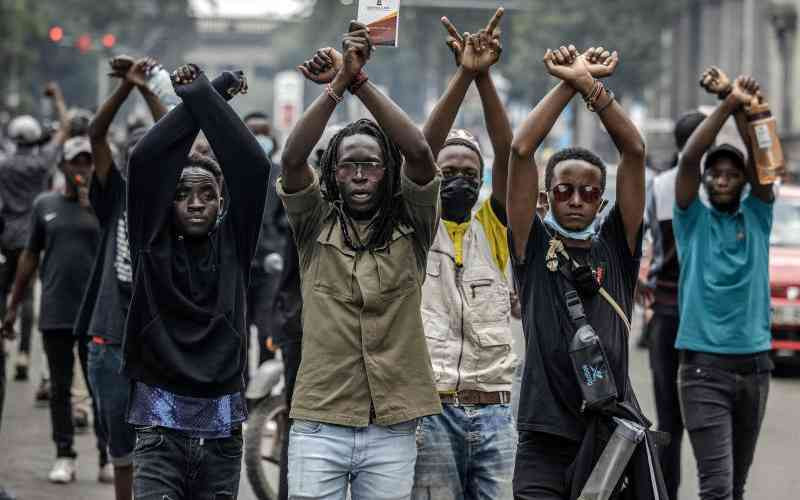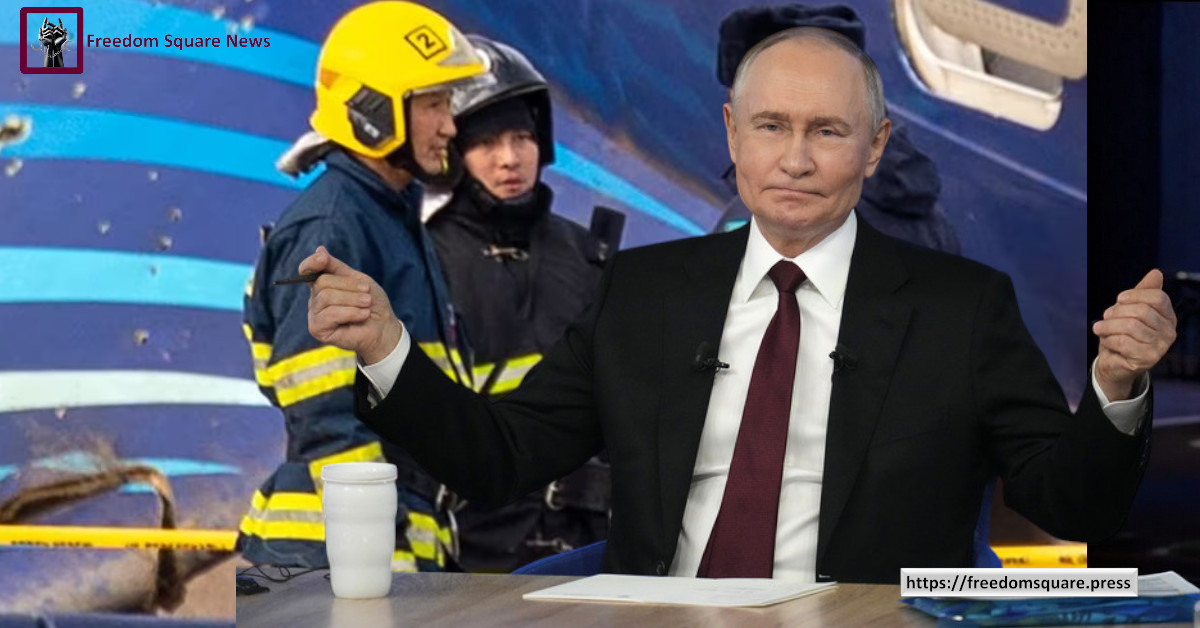In Abuja, sources with direct knowledge of the ongoing negotiations reported that Organized Labour, consisting of the Trade Union Congress (TUC) and the Nigeria Labour Congress (NLC), convened on Monday to finalize their stance ahead of a crucial meeting with the tripartite committee on the national minimum wage scheduled for Tuesday.
During the meeting, union leaders reaffirmed their commitment to the May 31, 2024 deadline for establishing a new minimum wage. A source within the minimum wage committee confirmed, “We met today, and one of the resolutions is that we are not shifting grounds on the May 31 deadline.”
This steadfast position follows a recent walkout by NLC and TUC leaders from the minimum wage negotiation committee. The walkout was in response to the Federal Government’s proposal of a N48,000 minimum wage, significantly lower than the initial N54,000 offer from the organized private sector (OPS). Dissatisfied with the government’s offer, the union leaders held a press conference expressing their frustration and suspending negotiations.
- Notorious Kidnapper Evans Opts for Plea Deal Amid Fresh Murder Charges
- Premier League to Vote on VAR Abolition Amid Controversy
- Pathologist: Autopsy Unable to Determine Cause of Mohbad’s Death
- Emefiele Granted Bail: Denies N684.5 Million Note Printing Allegations
NLC National President Joe Ajaero has been vocal about the union’s demand for a minimum wage of N615,000. Ajaero explained that this figure was derived considering the financial needs of an average Nigerian family of six amidst the country’s current economic conditions. He attributed the breakdown in negotiations to the government’s and OPS’s lack of reasonable engagement. “Despite earnest efforts to reach an equitable agreement, the less than reasonable action of the Government and the Organised Private Sector has led to a breakdown in negotiations,” Ajaero stated.
Conversely, Mr. Adewale-Smatt Oyerinde, Director-General of the Nigeria Employers Consultative Association, described the unions’ early exit from negotiations as regrettable. He urged union leaders to return to the negotiating table for the betterment of their members and national progress. “For the sake of their members and the advancement of the country, the union leaders should reconsider their stance and return to negotiations,” Oyerinde asserted.
- APC Responds to Potential Merger Between Atiku, Obi for 2027 Elections
- Peter Okoye Opens Up About Hair Transplant Journey in Turkey
- FG Constitutes Governing Councils for Tertiary Institutions
The unions defended their decision to suspend talks, criticizing the government’s proposed N48,000 minimum wage as insufficient and offensive to Nigerian workers. “The government’s proposal of a paltry N48,000 as the minimum wage does not only insult the sensibilities of Nigerian workers but also falls significantly short of meeting our needs and aspirations,” Ajaero maintained.
Adding to the tension, the unions highlighted the disparity between the proposed minimum wage and existing private sector wages, where the lowest-paid workers earn at least N78,000. They also pointed out the government’s failure to provide credible data to support its offer, undermining the negotiation’s integrity. “What makes matters worse is that the government has not offered any credible statistics to back up its offer. The credibility of the negotiation process is compromised by this lack of openness and good faith, and the parties’ mutual trust is weakened,” Ajaero added.
Despite these challenges, the unions remain committed to advocating for Nigerian workers’ rights and interests. They urged the government to approach future negotiations with sincerity and recognition of the true value of workers’ contributions to national development.
The urgency of resolving the minimum wage issue was underscored by Vice President Kashim Shettima during the inauguration of the 37-member Tripartite Committee on Minimum Wage on January 30, 2024. The committee, comprising representatives from the private sector, organized labor, and federal and state governments, was tasked with proposing a new national minimum wage ahead of the expiration of the current N30,000 wage on April 18.
In furtherance of this mandate, concurrent public hearings were held on March 7 across various zones, including Lagos, Kano, Enugu, Akwa Ibom, Adamawa, and Abuja. These hearings reflected the diverse economic realities across Nigeria, with proposed minimum wages ranging from N447,000 by the TUC to N850,000 from South-South stakeholders.
As the tripartite committee reconvenes, all eyes are on the upcoming negotiations, which are crucial for establishing a fair and livable minimum wage that addresses the economic challenges faced by Nigerian workers.



